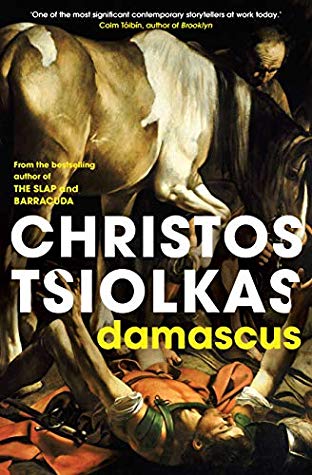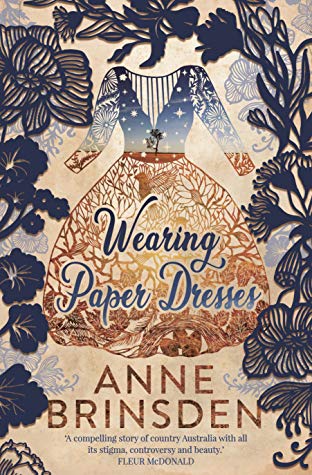
‘They kill us, they crucify us, they throw us to beasts in the arena, they sew our lips together and watch us starve. They bugger children in front of their mothers and violate men in front of their wives. The temple priests flay us openly in the streets. We are hunted everywhere and we are hunted by everyone …
We are despised, yet we grow. We are tortured and crucified and yet we flourish. We are hated and still we multiply. Why is that? You have to wonder, how is it that we not only survive but we grow stronger?’
Christos Tsiolkas’ stunning new novel Damascus is a work of soaring ambition and achievement, of immense power and epic scope, taking as its subject nothing less than events surrounding the birth and establishment of the Christian church. Based around the gospels and letters of St Paul, and focusing on characters one and two generations on from the death of Christ, as well as Paul (Saul) himself, Damascus nevertheless explores the themes that have always obsessed Tsiolkas as a writer: class, religion, masculinity, patriarchy, colonisation, exile; the ways in which nations, societies, communities, families and individuals are united and divided – it’s all here, the contemporary and urgent questions, perennial concerns made vivid and visceral.
In Damascus, Tsiolkas has written a masterpiece of imagination and transformation: an historical novel of immense power and an unflinching dissection of doubt and faith, tyranny and revolution, and cruelty and sacrifice.
This was beautiful and brutal and definitely not for the faint-hearted. 4/5

You can talk about living in the Mallee. And you can talk about a Mallee tree. And you can talk about the Mallee itself: a land and a place full of red sand and short stubby trees. Silent skies. The undulating scorch of summer plains. Quiet, on the surface of things.
But Elise wasn’t from the Mallee, and she knew nothing of its ways.
Discover the world of a small homestead perched on the sunburnt farmland of northern Victoria. Meet Elise, whose urbane 1950s glamour is rudely transplanted to the pragmatic red soil of the Mallee when her husband returns to work the family farm. But you cannot uproot a plant and expect it to thrive. And so it is with Elise. Her meringues don’t impress the shearers, the locals scoff at her Paris fashions, her husband works all day in the back paddock, and the drought kills everything but the geraniums she despises.
As their mother withdraws more and more into herself, her spirited, tearaway daughters, Marjorie and Ruby, wild as weeds, are left to raise themselves as best they can. Until tragedy strikes, and Marjorie flees to the city determined to leave her family behind. And there she stays, leading a very different life, until the boy she loves draws her back to the land she can’t forget…
‘In the same vein as Rosalie Ham, Brinsden weaves a compelling story of country Australia with all its stigma, controversy and beauty.’ Fleur McDonald
I seem to be on a bit of an Australian fiction writing thing. This novel had a beautiful and interesting way with words. One of the characters has unstable mental health and the way the reader can see the madness creeping in is fabulous. 4/5
